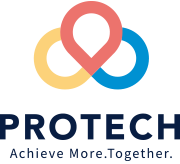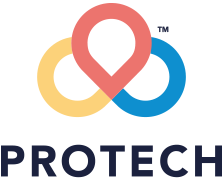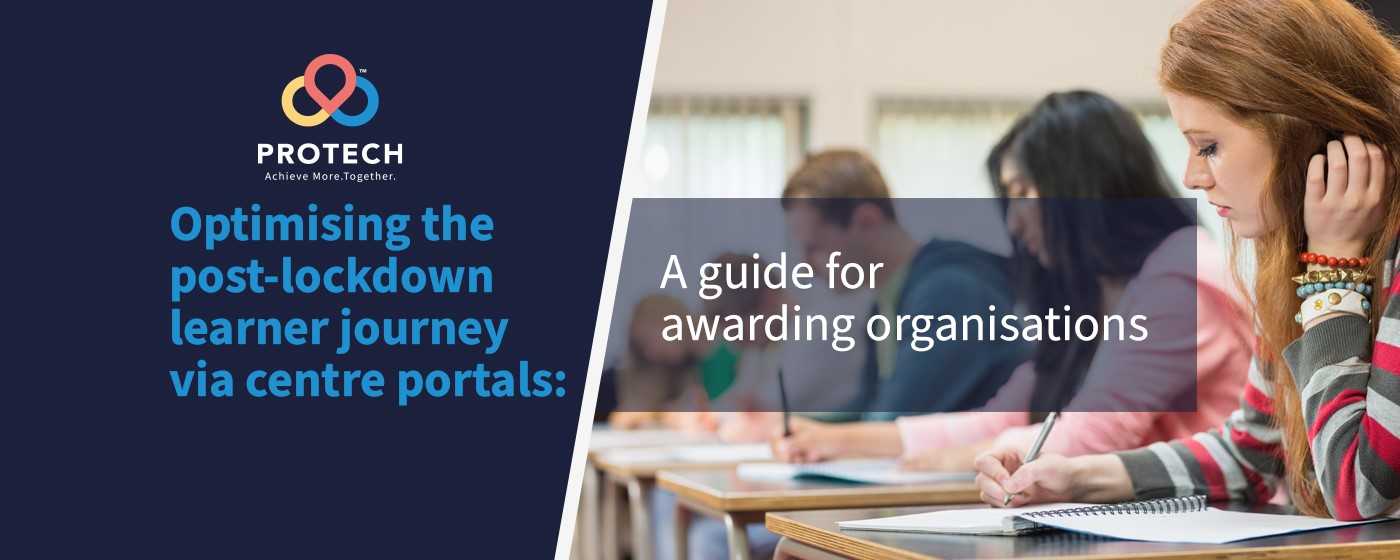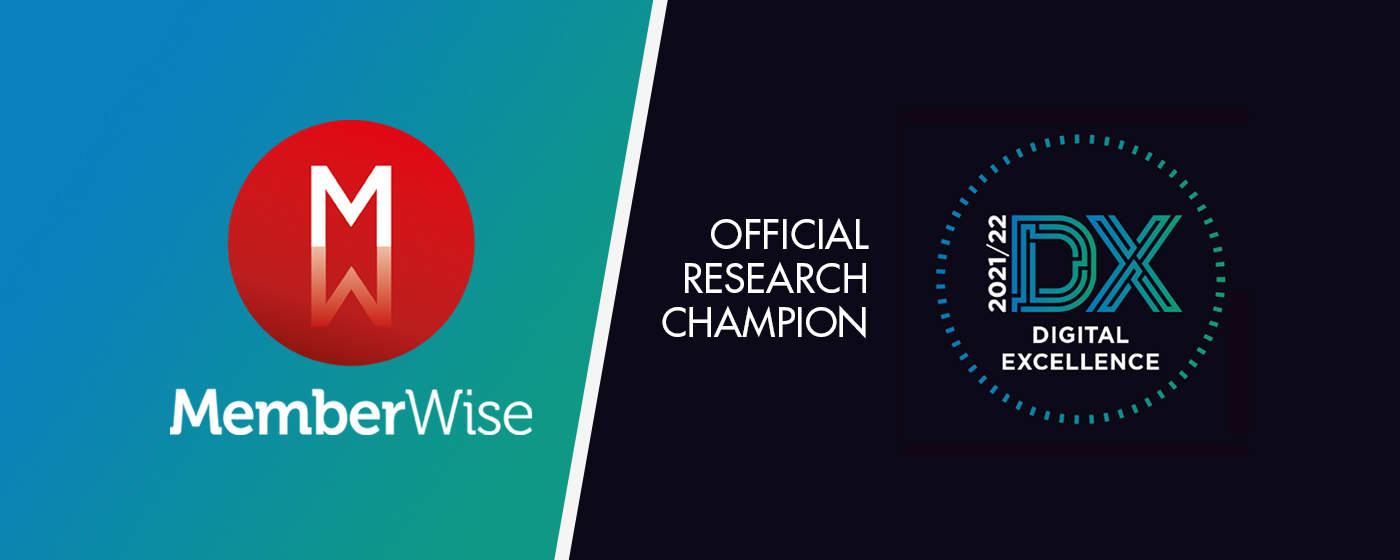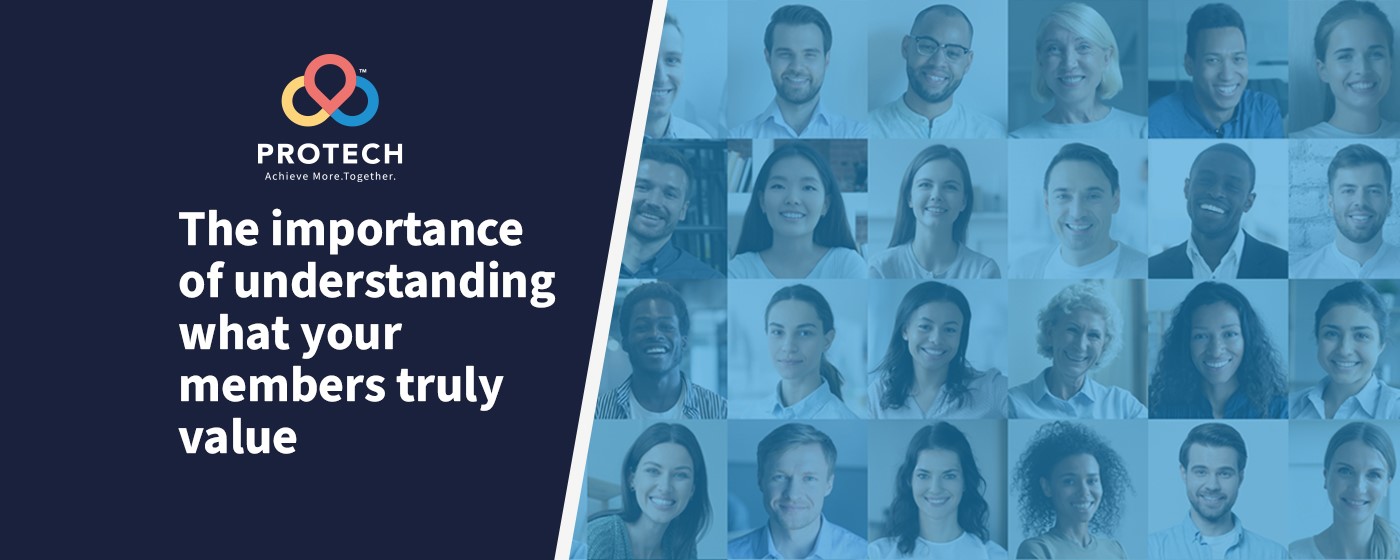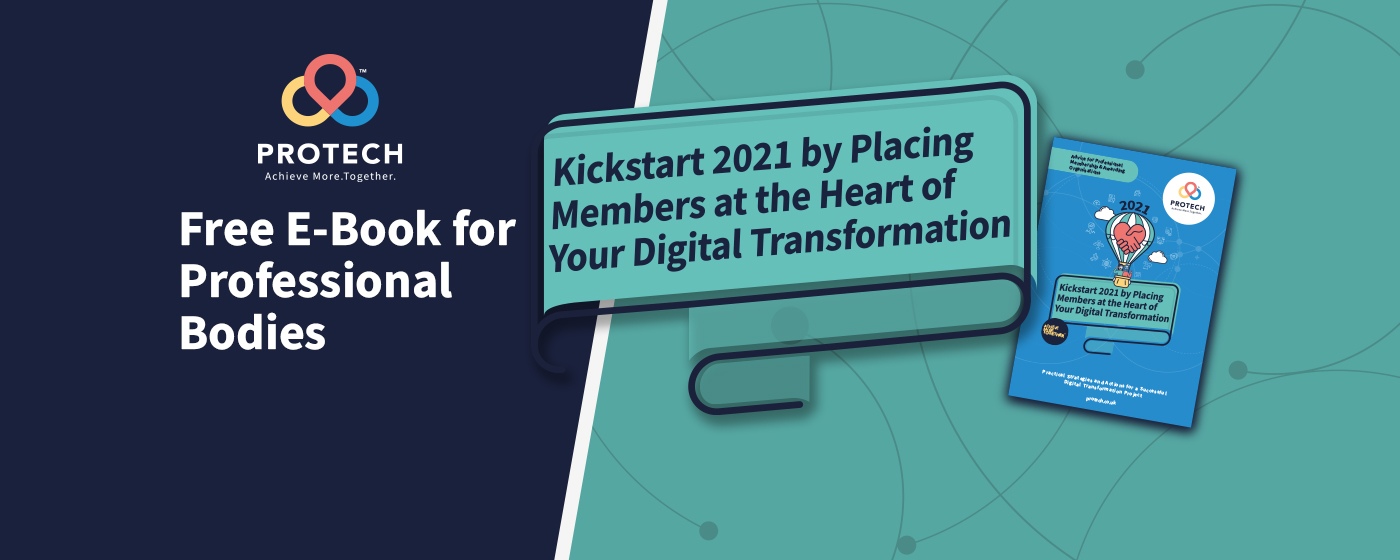Steve Shiels, Head of Operations, ProTech
I have taken this title from that of a recent breakfast seminar hosted by Hart Square (the independent CRM and Technology Consultants) and sponsored by ProTech
ProTech sponsored this seminar as, like Hart Square, we are acutely aware that many educational, accrediting and regulatory bodies are struggling to meet the expectations of their members, students and other stakeholders.
Today’s members, students, learners and educators expect education, accreditation and regulatory delivery to be digital, seamless and paperless. These levels of expectation will only increase as ‘millennials’, who have grown up in an ‘always-on’ world with quick and easy access to the information they want, make up the majority of the workforce.
In his presentation, Allen Reid, Hart Square’s Director of Client Projects, quoted Andrew Hall, Chief Executive of AQA (the UK awarding body) who in 2014 said: “Most exams will be digital and paperless by 2018-2019.”
Reid then answered the question as to why digital and paperless delivery is still so hard in 2018 – because it’s not just about the technology.
Different departments within examining, accrediting and regulatory bodies require different systems whilst at the same time, members, students and other stakeholders demand a more personalised, digital and streamlined service.
Andrew Hall thought that by 2018 all of the different systems i.e. education, membership, finance, contacts, CPD, accreditation, outlook email, etc., would be in all ‘one place’ – no spreadsheets, no paper! He also thought that organisations would have a shared website with student, examiner and centre portals, that all coursework, assessments and results would be available via eLearning solutions from multi-channels on any device.
It is possible today to deploy a CRM solution that is very close to Hall’s vision but this is totally dependent, not only on the functionality of the solution offered by your CRM provider, but also the provider’s ability to provide a seamless CRM and digital solution which meets the needs of your stakeholders. This is why choosing the right CRM provider for your examining, accrediting and regulatory body is crucial.
The first question to ask a potential provider is whether its CRM solution has been developed specifically for the examining, accrediting and regulatory sector and therefore, designed to support members/students from enrolment through to certification. Or, if it is a supposedly a ‘one size fits all’ best of breed solution. It is important to remember that ‘one size fits all’ rarely does and these solutions are not designed to meet the individual CRM requirements of specific sectors.
A one size fits all CRM solution will not have the ‘built-in’ features and functionality that ensures that it ‘talks’ to your website and can therefore seamlessly deliver education, accreditation and regulation services for your students. Nor will it have the capability to deliver membership (in many cases your students will also be your members), accounting, events and community services, etc.
All of these vital tools will have to be ‘bolted’ on to the one size fits all platform in an effort to bring together disparate systems and data.
To come close to Hall’s vision your CRM provider needs to deliver an integrated web and CRM solution or put more simply, a single specialised solution that supports both your online and back office requirements, to deliver the other features and functionality you require i.e. education, accreditation, regulation, membership, accounting/commerce, events and communities, etc. This functionality provides a single view of each and every one of your members/students.
An integrated web and CRM solution also enables examining, accrediting and regulatory bodies to meet the expectations of members for a highly personalised and relevant interactive experience. It delivers the ability to capture data, entered or provided by members each time they interact with an organisation via its website or talk to its membership team. This data is then automatically stored in the CRM system.
The member/student data captured can then be analysed and segmented so that members/students view, via a personalised member portal or are sent, content that exactly matches their profile and preferences, providing a highly personalised and relevant experience.
An integrated solution will also help examining, accrediting and regulatory bodies to cope with two major trends which Hart Square is seeing: firstly the Uber-isation of the not for profit space and the need for organisations to fight back, and secondly the rise of digital automation or artificial intelligence (AI).
Uber-isation is shaking up the examining, accrediting and regulatory space. Organisations offering these services may have become complacent, believing they are the only source of services able to provide what members/educators/students/learners need.
This is no longer the case. There is a plethora of online courses available from the Open University and individual Universities. Why would students pay a subscription fee to a professional body unless they see a real value in doing so?
Examining, accrediting and regulatory bodies must up their game and position themselves as an authoritative voice, an organisation that will look good on a CV. They need to show that they understand what their members/students want by delivering services which are personalised and relevant.
One of the key ways to achieve this is to provide a joined-up user experience for members/students. This means delivering a single point of access for the consumption of e-learning content and the completion of e-assessments. The results of each assessment should automatically be updated and appear within the CRM’s ‘single customer view’ of each member/student, enabling bodies to digitally prompt members/students to move to the next stage of their learning journey.
The increased use of digital automation or AI will have an impact on organisations across all business sectors and therefore every profession. For examining, accrediting and regulatory bodies digital automation/AI plays a key role in ensuring that members/students receive a personalised and relevant experience.
As described above, an integrated web and CRM solution allows data captured to be analysed and segmented against members/students’ preferences. This capability is delivered by digital automation or AI. In addition, rules-based automation additionally allows the interactive engagement between the member/student and the professional body.
In summary, to ensure that examining, accrediting and regulatory bodies meet the expectations of their members/students they must understand that these and other stakeholders have become digital-savvy customers; there are now many options on offer as to where and how members and students can access the services offered, and if they are not offering personalised and relevant services then competing organisations will be.
For more information on how an integrated web and CRM solution can provide the all-important single view of each and every one of your members/students and help you turn the student/member data captured into your most important strategic asset, contact:
Kim Smith, ProTech’s Marketing Executive – kim.smith@protech.co.uk
